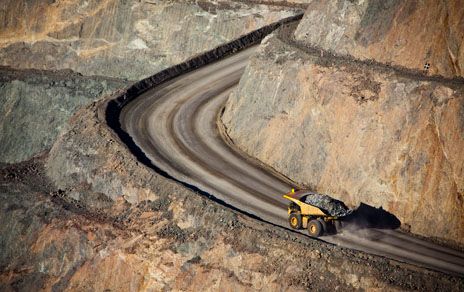Brazil’s government is looking to offer financial guarantees to fund strategic mineral projects and tax incentives for their processing and industrialization, according to a document seen by Reuters outlining the agenda of the first meeting of its National Mining Policy Council on Thursday.
The meeting, scheduled for 3:30 PM in Brasilia (1830 GMT), will vote on a resolution creating a working group tasked with analyzing and proposing public policies to develop the supply chain for critical and strategic minerals in Latin America’s largest economy, the document said.
President Luiz Inacio Lula da Silva created the committee to advance a new policy treating strategic minerals as a matter of national sovereignty, aiming to curb exports without domestic value-added processing.
Lula told Reuters in August that the framework would help Brazil retain control over its mineral wealth and position the country as a global leader in the energy transition.
Abundant in Brazil, rare earth elements are among those critical minerals, which are vital to advanced technologies and that have become a flashpoint in U.S.-China tensions following Beijing’s move to tighten export controls earlier in October.
Despite holding the world’s second-largest reserves after China, Brazil accounts for less than 1% of global rare earths output, according to the U.S. Geological Survey.
The first meeting of the National Mining Policy Council also comes as Brazil seeks to re-engage with the United States, following a 50% tariff imposed by Donald Trump’s administration on its goods citing the trial of former president Jair Bolsonaro, a Trump ally who was later sentenced to 27 years in prison for attempting a coup after losing the 2022 election.
Brazilian officials had floated rare earths as a potential topic in trade talks with Washington, but dialogue only recently gained some traction, notably after Lula briefly met Trump on the sidelines of the U.N. General Assembly in late September.
On Thursday, Foreign Minister Mauro Vieira is set to meet U.S. Secretary of State Marco Rubio in Washington.
(Reporting by Marcela Ayres; Editing by David Gregorio)
